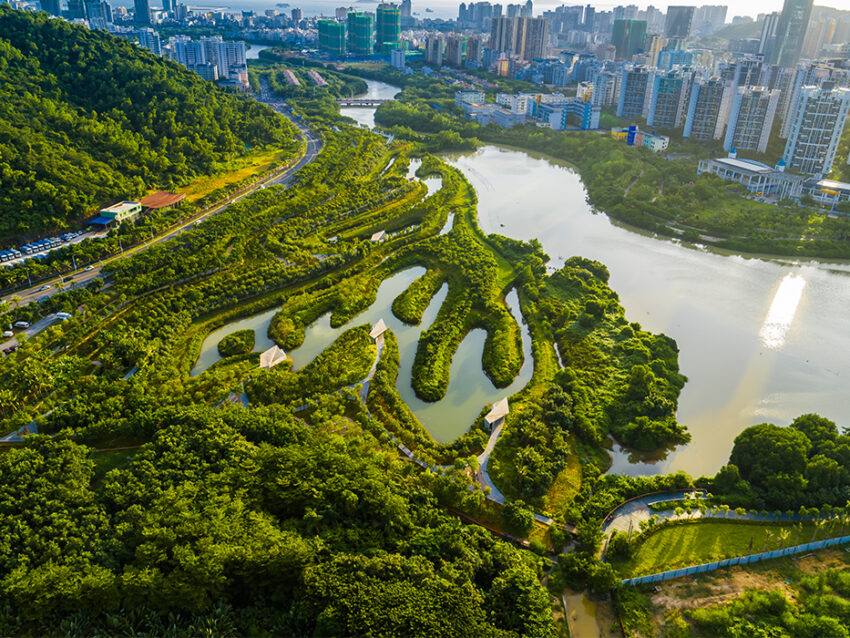Do you have a weekly routine that keeps you inspired to take climate action? Stories that uplift impactful change at the community level are certainly keeping us going. Imagine those efforts happening in communities everywhere around the globe. Let us know what you think about this week’s stories and any additions you have!
Crowdsourced bird data in Pittsburgh helps scientists save local ecosystems
Crowdsourced bird data has guided an ongoing effort to restore biodiversity to Pittsburgh’s urban forest ecosystem. Data gathered by birders through the eBird app indicated that invasive Japanese stiltgrass threatened the ground-dwelling habitat of some birds, showing that local reforestation efforts should prioritize recovering native ground-level vegetation. Bird data also showed that some species of birds that need continuous forest aren’t being supported, an indicator to focus on some of the more established, longer-lived forests.
Woodpecker mapping tool guides regeneration of burned forests
A new online tool developed by a collaborative team of researchers, foresters, and fire managers helps map and predict the presence of black-backed woodpeckers, which commonly show up in newly burned forests and play a pivotal role in their recovery. The platform utilizes satellite imagery and field survey data to help authorities identify where these birds are likely to be, in turn enabling their protection in efforts to revive burned forests. Through the case study of black-backed woodpeckers, the tool aims to illustrate how wildlife conservation and animals’ relationship with fires should be incorporated into fire management efforts around the world.
“Sponge city” approach uplifts urban green spaces, reduces flooding in China
Landscape architect Yu Kongjian helped turn two major flood-prone Chinese cities into “sponge cities” – prioritizing green spaces and permeable pavements over concrete to better capture stormwater runoff and improve overall water quality. A study of Wuhan found its 389 sponge city projects across 38.5 square kilometers have not only reduced flooding, but sequestered 725 tons of CO2 a year, reduced temperatures by more than 3°C (5°F) and more than doubled the value of the land.
Woman launches app to build food security & climate resilience in Puerto Rico
On U.S. island territories, where most food is imported, women are helping lead urgently needed food sovereignty efforts to improve communities’ climate resilience. After Hurricane Maria damaged the main port in Florida that sends food to Puerto Rico, Crystal Díaz was inspired to launch PRoduce – an app that enables restaurants and residents to order local produce directly from small farmers on the island. The app has linked 400 producers with more than 70,000 consumers so far.
Welcome to the Sunflower community

